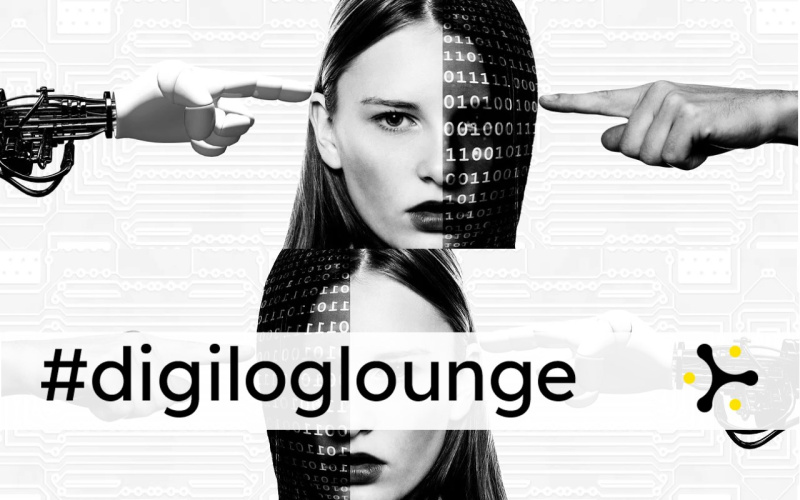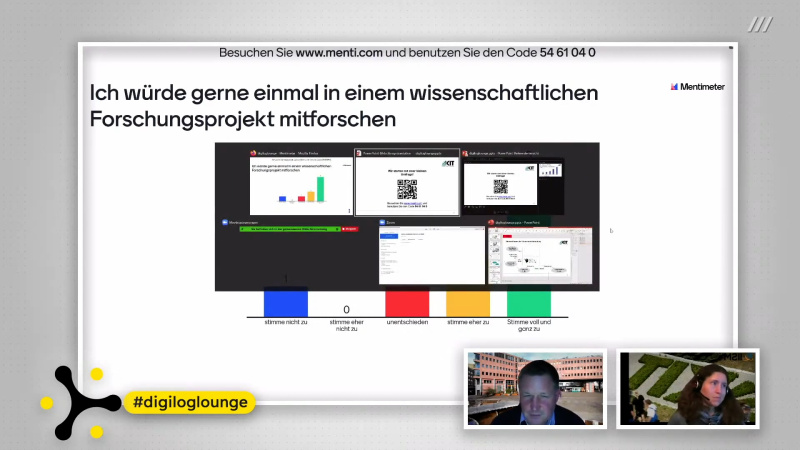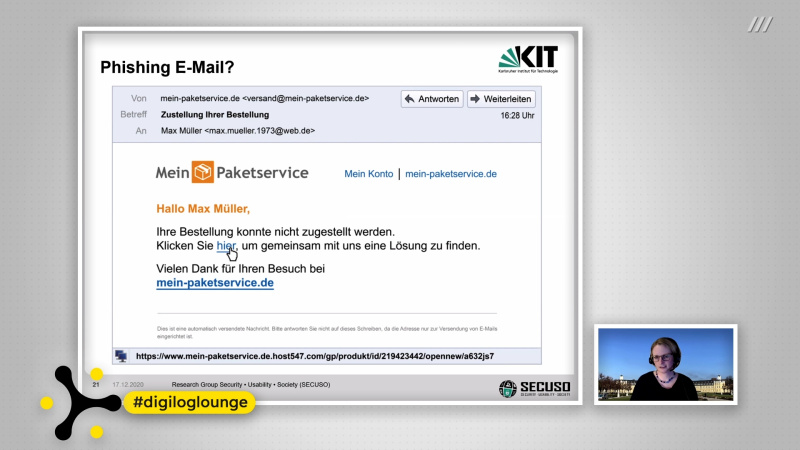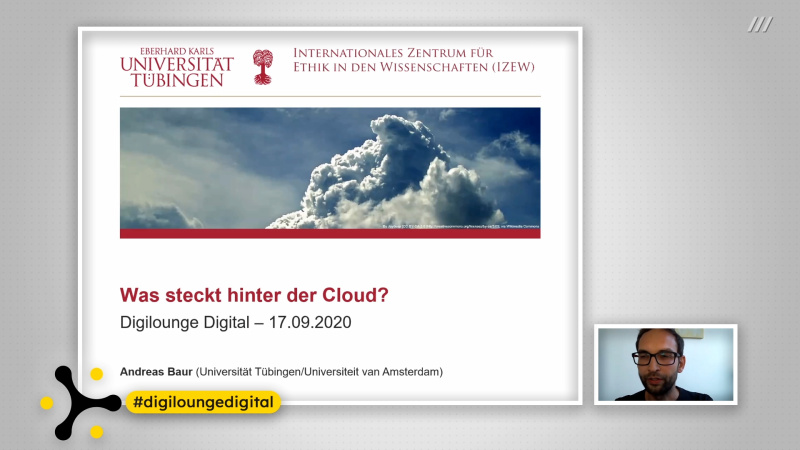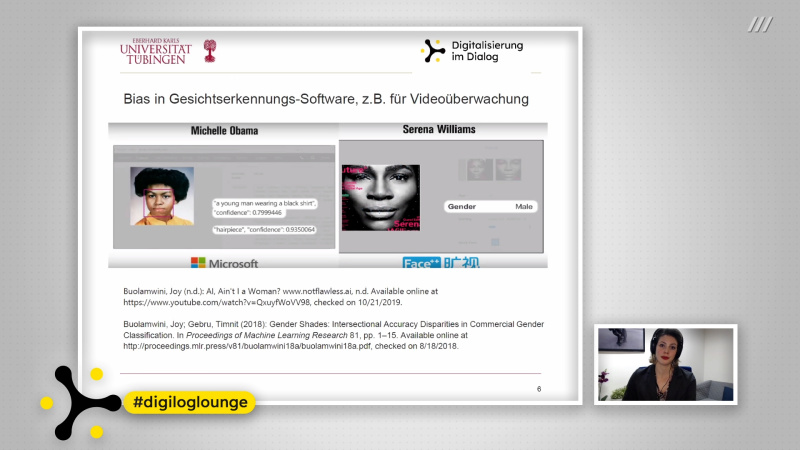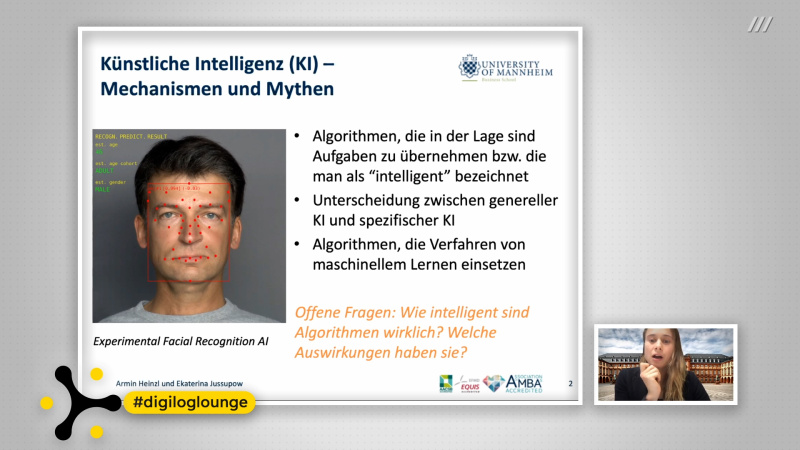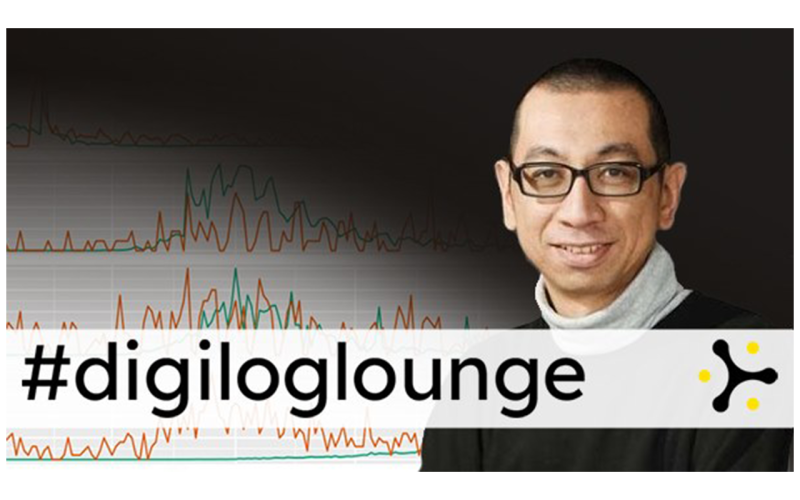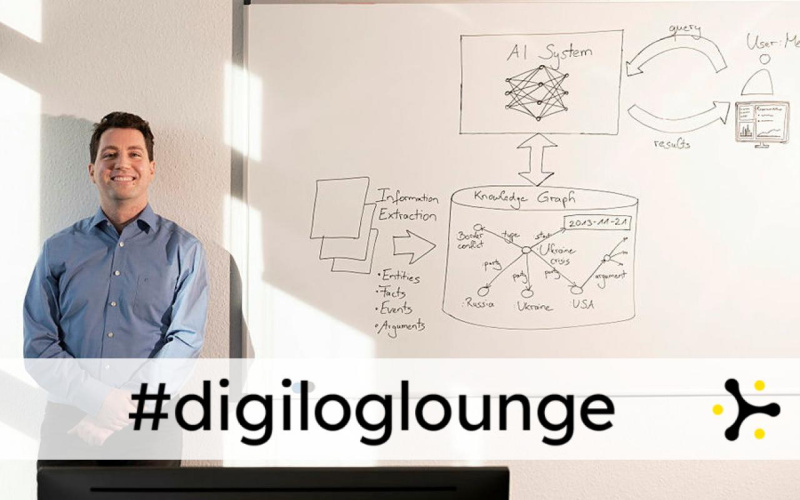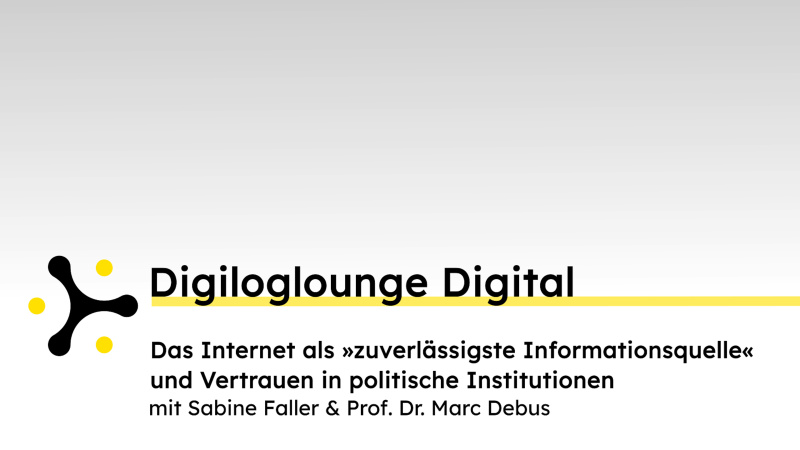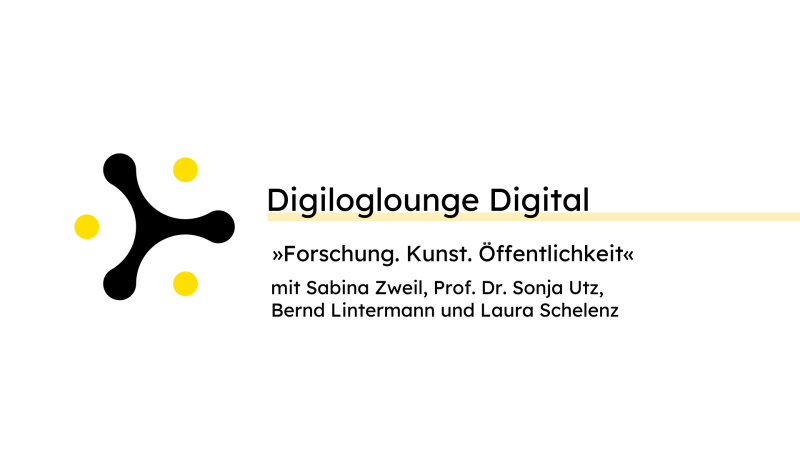Digiloglounge Digital
From Politics to Pornography: Dangers (and Opportunities) of Deepfakes
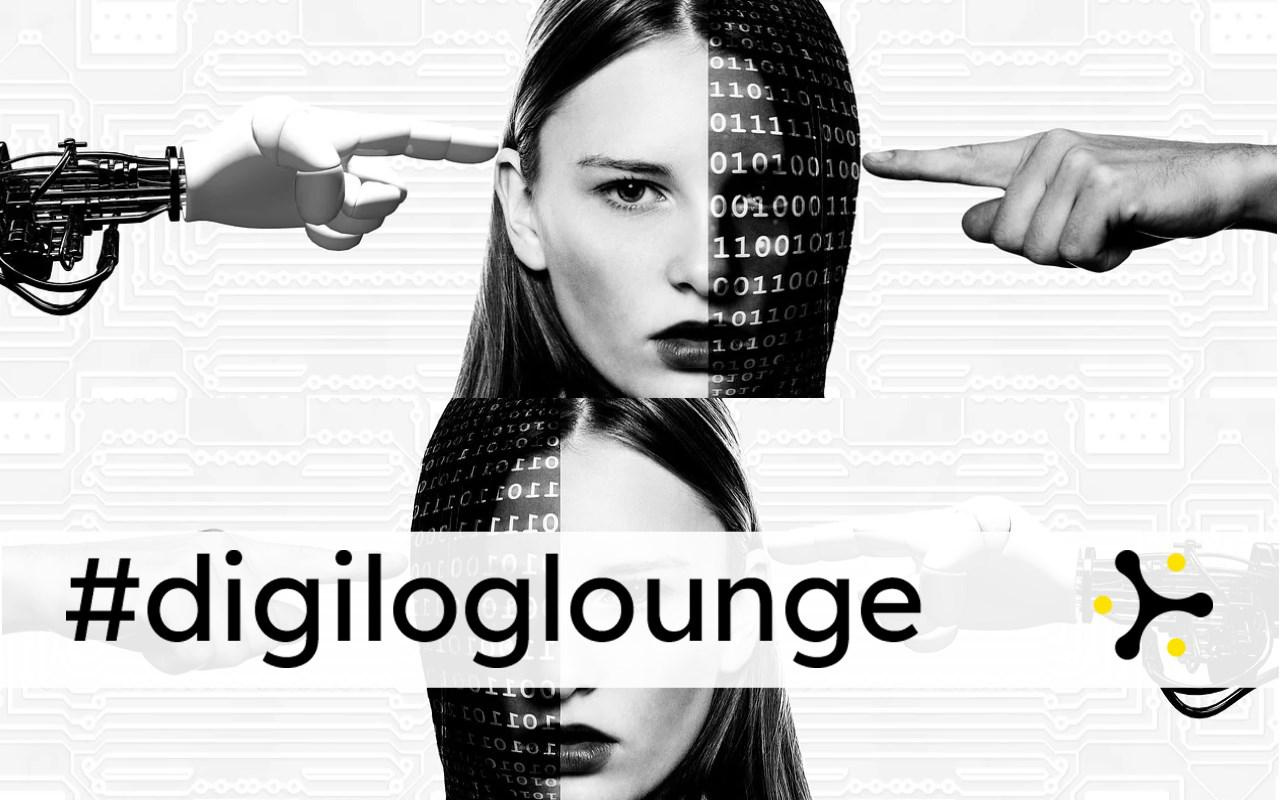
- Date
- Duration
- 1:03:15
Description
As part of the discussion series »Digiloglounge Digital«, Sabine Faller talks to experts PD Dr. Jessica Heesen and Maria Pawelec about »Deepfakes«!
Deepfakes, or synthetic audio-visual media, are currently spreading rapidly. Advances in the field of artificial intelligence (AI) mean that images, videos and audio files can be manipulated or even synthetically generated with ever less effort, even by technology laypeople, and are increasingly difficult to detect with the naked eye.
Such deepfakes are used in a wide variety of contexts and often arouse great fears. The debate mostly revolves around their damaging potential for politics: as a new form of fake news and disinformation, deepfakes can undermine democratic elections, discredit political opponents, or even trigger intra- and interstate conflicts. The talk takes up these fears and discusses, on the basis of current case studies, how great the danger posed by deepfakes is for democracy. At the same time, however, it also sheds light on the opportunities in the political sphere: deepfakes for satire and parody, political campaigns, art and activism can strengthen democratic debate and will formation.
In addition to politics, the talk also takes a look at other fields of application of deepfakes. Deepfakes are particularly frequently used for non-consensual and revenge pornography. Such fake porn massively violates the personal rights of the victims and causes profound psychological damage. Since the victims are almost exclusively women, fake porn threatens the social equality of women in a digital society. In other fields, however, deepfakes offer great opportunities, for example for the economy. Here, the talk places a special focus on the ethically controversial »resuscitation« of deceased persons through deepfakes.
So how great is the danger posed by deepfakes, and what opportunities do they offer? The talk will address these questions and then discuss possible societal responses.
